Mr. Bean goes to China
I pull my backpack from the compartment above the very last row of the Boeing 777. Standing now is pointless since I’ll be stalled here for some time with my fellow steerage passengers but I’m anxious to begin the bleary-eyed shuffle to the exit 40 rows ahead. The flight from Seoul was only two hours, but it’s the third in a journey that started a long time ago: yesterday? the day before? tomorrow? to be honest, I have no idea but I do know I’m exhausted and I feel like hell. My colleagues crane their heads back to exchange an eye-roll with me. I chose to sit apart because we’ll have plenty of togetherness in meetings over the next six days. Waiting to deplane from a multi-leg economy class trip is old hat to them, given their work with cities on environmental initiatives. It will be two decades before Greta Thunberg will point out the irony of flying around to save the world from greenhouse gas emissions. But we don’t yet have the tech to make remote meeting easy. And let’s face it, despite our current discomfort, we love these trips.
My job requires travel only once a year. Mostly, I manage the office and the governance in Toronto’s HQ but I prepare the paper and do the logistics for annual board meetings hosted by member cities around the world. Our board comprises mayors from those cities so these trips are 25% diplomacy, 25% meeting management, and 50% babysitting. I love this part of the job, though, because it takes me overseas. Shenyang, China is the biggest leap I’ve made yet, both geographically and culturally.
I’ve inched to the vestibule of the plane. Three flight attendants smile and nod to passengers despite surely being anxious to have a break from us.
"Kamsahamnida,” I say, grinning, as I walk past them.
“Thank you” is the only Korean I know but it’s been handy already. Korean Air provides better economy class service than any other airline I’ve used. And the food - OMG!! - the food is stellar and plentiful. I’ve had so much to thank them for.
My colleagues are waiting for me at the top of the jetway. Beside them are four men in military-style uniform and a young woman who smiles broadly and greets me by name. From her tag, I know she’s the one I’ve been emailing about logistics. There’s no time to chat though. She takes my passport and hands it to one of the uniformed guys. He adds it to the two he already holds and all four head off to parts unknown. I feel uneasy. I’m in a foreign country without the ID required to leave. But I’m too knackered to protest. We climb onto the back of the oversized golf cart waiting for us and are driven in circles through the terminal’s bowels before we stop at an unmarked door. Our host opens it and gestures for us to enter.
It’s a largish room with chesterfields lining the perimeter. Each is garish like the brown and orange couch we had in our house 30 years ago; each is draped with antimacassars; and each is empty. Yes, in a country where no space is wasted, we are three people in a room that could seat 60. A team of servers appears from nowhere with a drinks cart. They motion for us to sit and thrust steaming cups of tea in our direction. It helps combat the chill in the air and provides a boost of caffeine.
I take note of my surroundings. Broadcasting from a high shelf across from our couch is Mr. Bean. Mr. Bloody Bean. How in hell did he end up here? Ten years ago, British comedian, Rowan Atkinson, made only 15 episodes of his show in which, without any dialogue at all, his bumbling character engages in cringy shenanigans that often make fun of fellow Brits. They’re showing the one where he’s in a bistro and, befuddled by the French-only menu, he orders by pointing at the cheapest item. Horrified when he’s served steak tartare but too embarrassed to admit his error to the hoity-toity waiter, Mr. Bean secretes the bits of raw meat everywhere other than his mouth, including the sugar bowl and the purse of Madame at the next table. The episode ends with the waiter bringing another plate of tartare after having knocked the final bite of the first plate onto the floor. I’m not doing it justice, I know, but you get the general idea. We’re under the close scrutiny of our host and the servers and so I’m afraid to betray my amusement at finding this ridiculous slice of very British humour 8,000 kilometres from London plonked in the middle of this surreal tableau. The look I give my travel mates conveys both “what the actual fuck?” and “I’m definitely going to write about this one day.”
Mr. Bean is poised to restart getting rid of his meal when the door opens and we’re escorted back to our golf cart. This time, we’re deposited at a line of cars at a back door of the terminal. The head of our organization, is swept ahead of us to a black limo. My other colleague and I are escorted to a beige minivan where we are relieved to see someone has stowed our luggage.
If you think the unlikely appearance of Mr. Bean is the most notable part of my introduction to China, you’d be wrong. From the airport to Shenyang’s Shangri-La hotel is 30 minutes without traffic. We do it in half that time with police escort, sirens blaring and blowing through all red lights. We are definitely not in Kansas!
Thus begins my most interesting trip ever. We’re accompanied through our week by white-gloved staff, curating for us the China they want us to recount back home. We watch as 50 people turn a meeting space into a banquet hall in 10 minutes, including writing a new welcome message in vinyl letters on a 50 x 30 foot sign. We gorge on the exquisite dumplings for which this part of Northeast China is known. We barter across the language barrier for antique trinkets and clay teapots to take home. We marvel at the volume of bicycle traffic. We lament the environmental impacts of coal burning on the air quality and see how it’s corroded the spring snow piled beside the streets. We see indications of westernization like the sign on a cafe saying: “Internet show you a wonderful world.”
I reflect on the yuan they’ve spent on our delegation. I sense they’re counting on us securing dollars for environmental improvements and I know they’ll be disappointed with the risk they’ve taken — our trip is not a good investment for the people of Shenyang. Our organization struggles to fund its own flights to these events. We certainly can’t leverage the kind of cash necessary to make a difference here. But I know my colleagues, our board, and I will leave with a sense of it being an exciting and pivotal time for China. And we’re all excited for them.
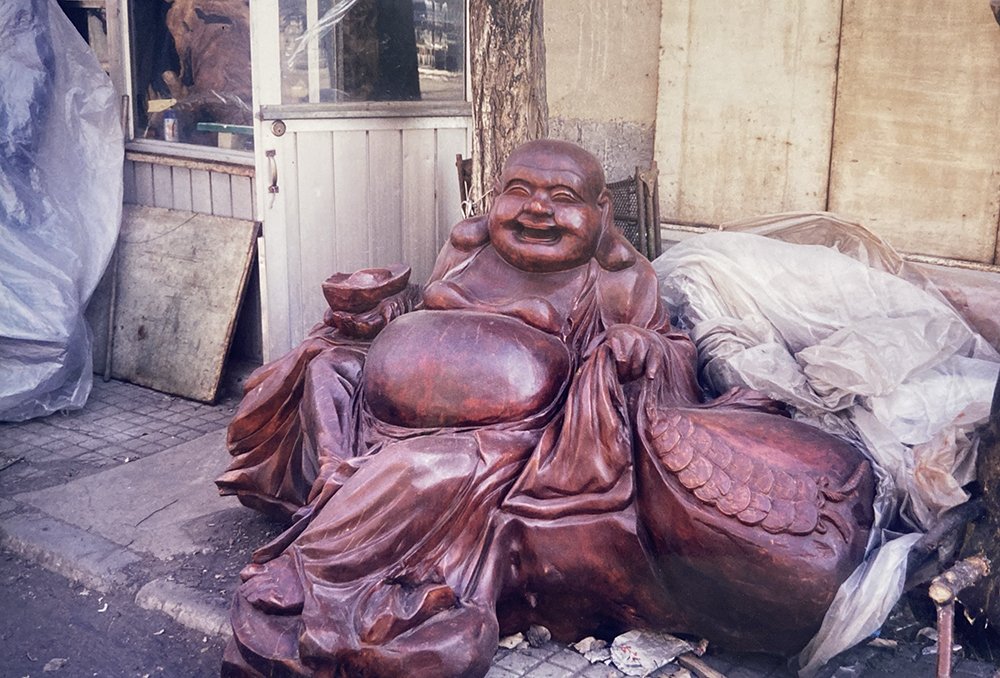
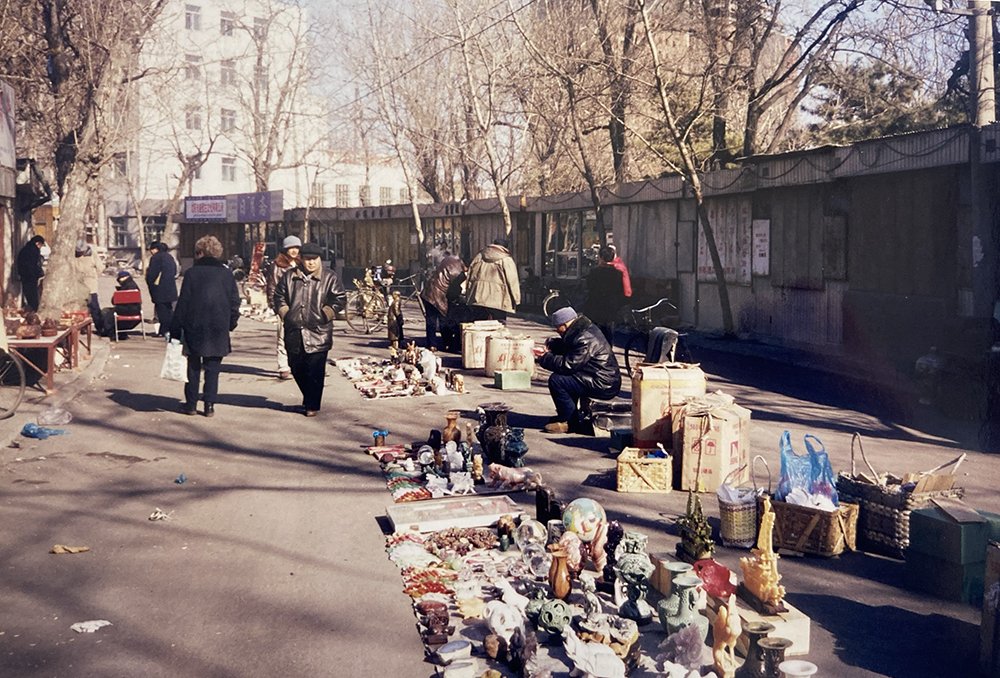
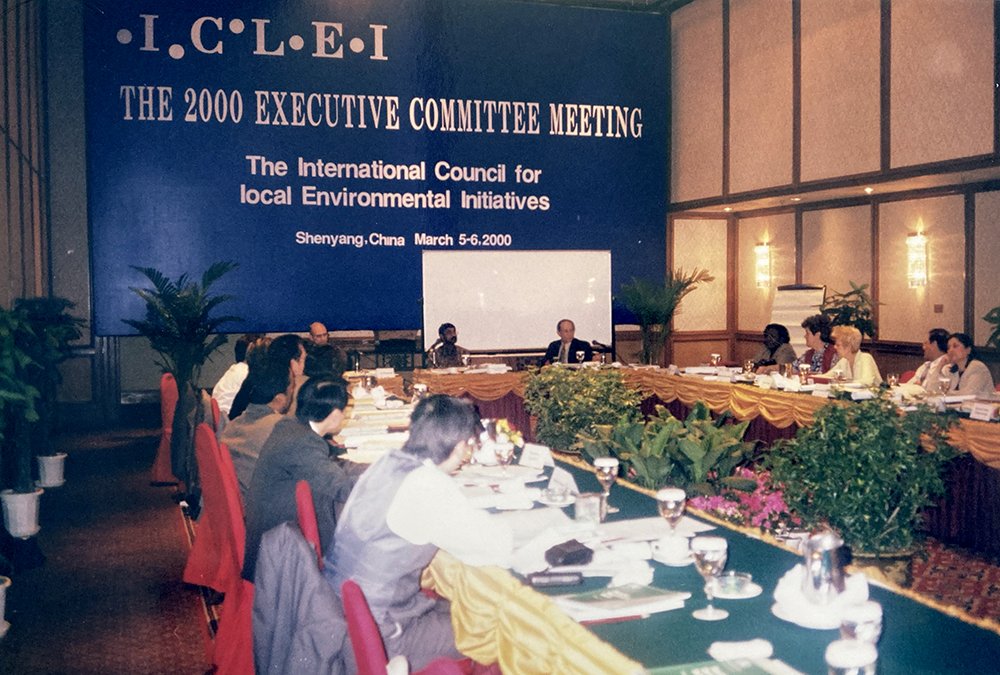
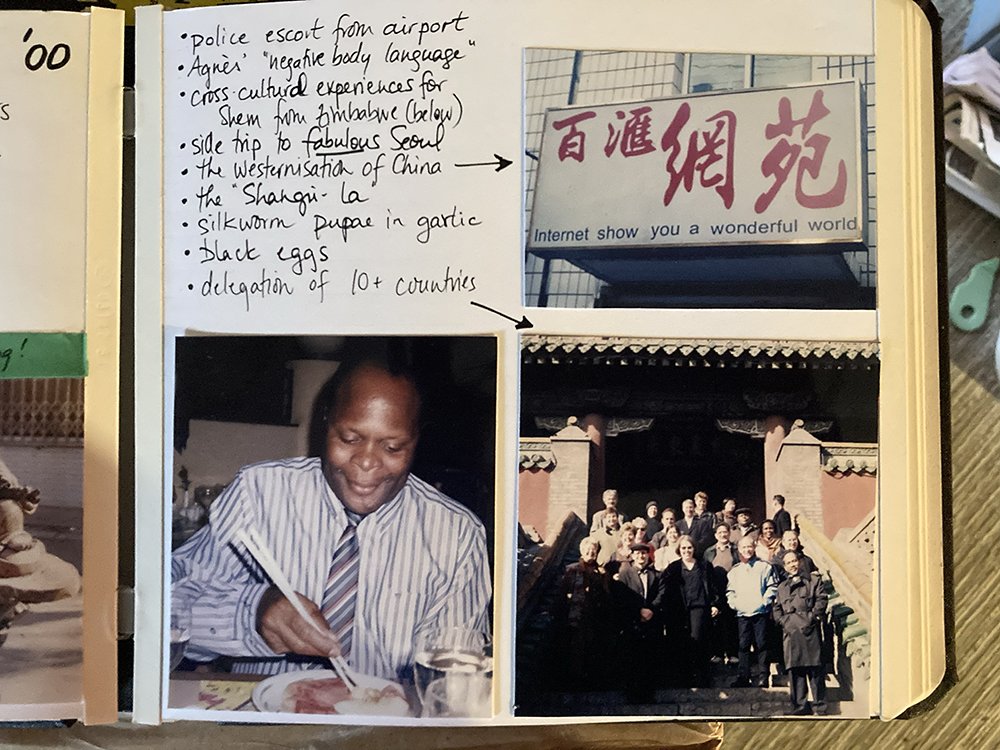
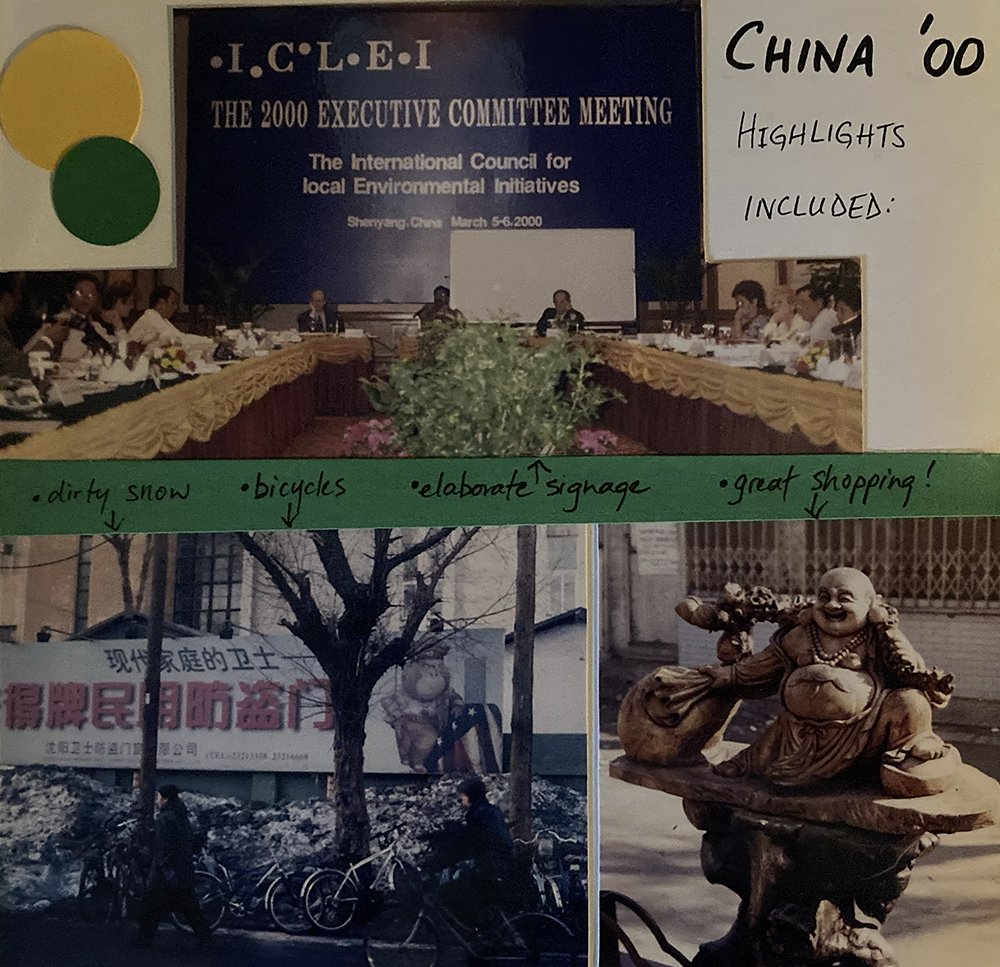

If you like what you’re reading, there is no greater compliment than to become a subscriber. Sign up with your email address to receive news and updates. Usually one each week - I promise I won’t spam you every day! (I wish I were that productive!)
